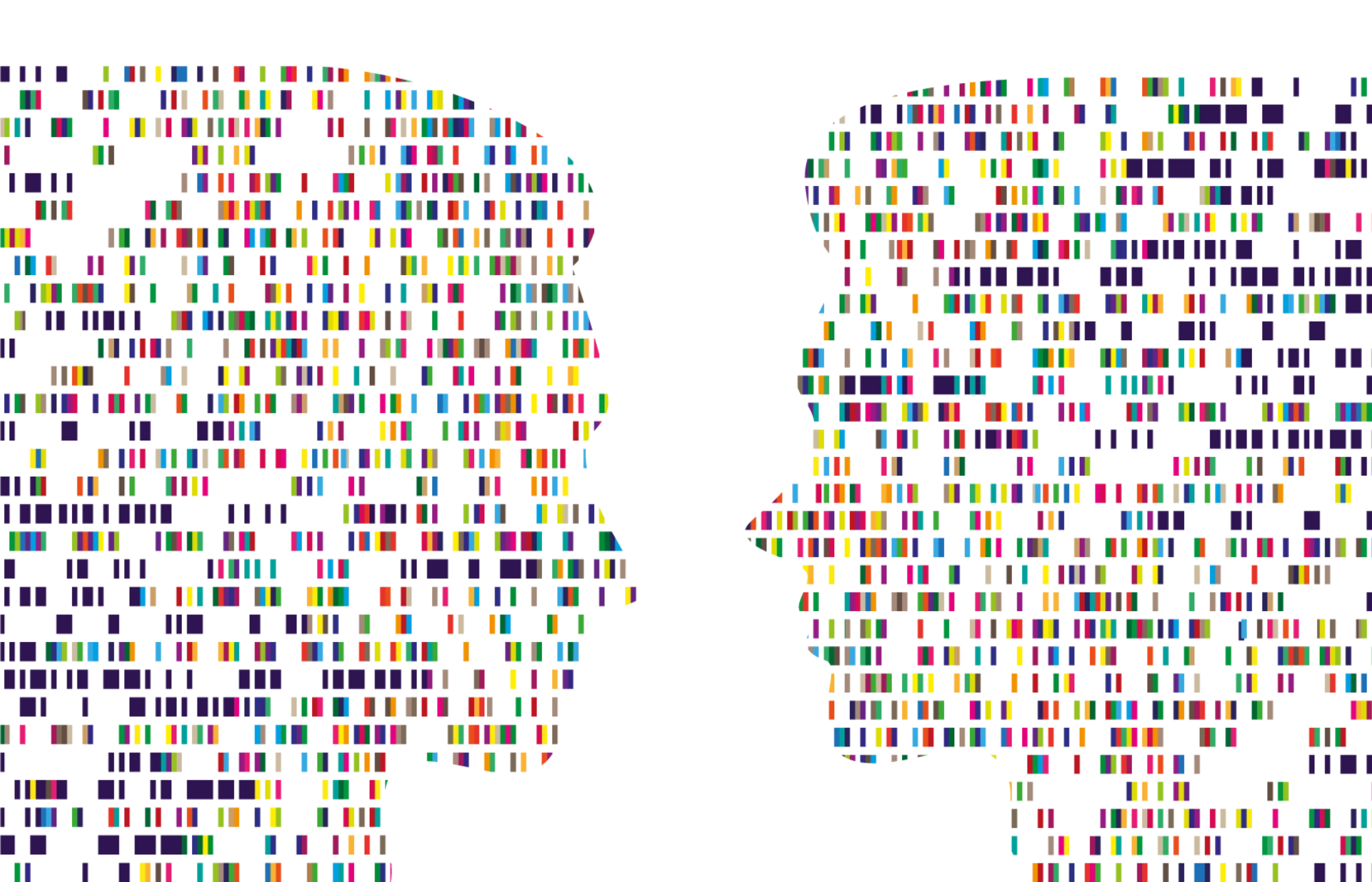Age 36: Preventive surgery
The following year upon screening, Sarah is found to have early breast cancer in her right breast. Due to her BRCA1 genetic status, Sarah is at an increased risk of additional cancers in either breast, as such she is offered bilateral mastectomy with breast reconstruction as a treatment option. Sarah is able to make an informed decision based on her genetic status and elects to have this surgical procedure that not only removes her breast cancer but also significantly reduces her future breast cancer risk.
Genomic profiling of her breast cancer cells is undertaken following breast surgery. The results show mutations in the PI3K/AKT/mTOR pathway, informing the choice of targeted treatment if needed for Sarah in the future, for example, if Sarah develops a relapse of breast cancer elsewhere.
Pharmacogenomics variants are also analysed from her WGS data, to predict her response and metabolism of more than 200 therapeutic drugs. The results are used to guide the dosage of her adjuvant chemotherapy as well as tamoxifen; and to tailor selection and optimal dosing of supportive therapy including antiemetics and postoperative pain management.
In addition to Sarah’s personal health implications, the identification of the BRCA1 mutation has implications to her wider family who can now access the option of predictive genetic testing to inform their personal risk, health management, and reproductive planning.




